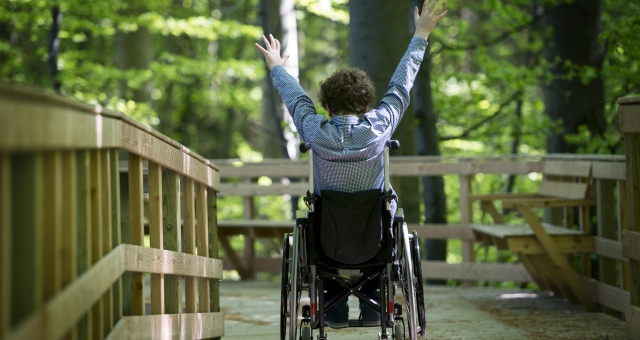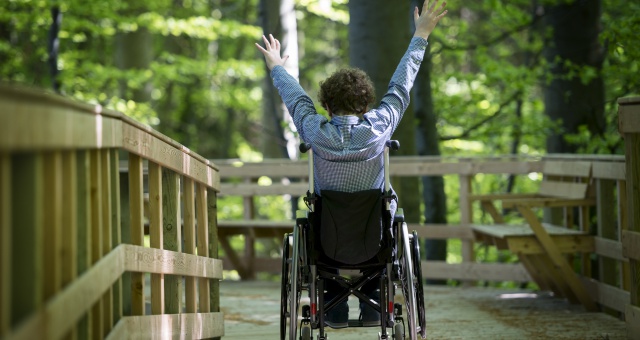
Hotels and the wider tourism industry should greatly open their minds when it comes to catering to the handicapped traveller market, the founder of inclusive tourism and accessibility advocate, Bill Forrester has urged.
Speaking at an Inclusive Tourism workshop in Melbourne recently, Forrester urged the industry to think outside of wheelchairs and adopt a back-to-basics approach, saying “Little things make a huge difference. It isn’t just about wheelchairs.”
“It’s a misconception that accessibility centres around an accessible room. An accessible room is designed for a permanent wheelchair user with roll-in showers and everything else.”
Drawing on examples, Forrester said eyesight-challenged people didn’t necessarily need an accessible room and in fact, such a provision could prove more problematic and divisive than not. Instead, a standard room in line with what the guest has booked could be supplemented with items kept back-of-house to improve their stay, such as large print or braille compendiums for those with partial vision, or even a television remote with large buttons would also suit.
“Braille doesn’t necessarily cater to everyone who may be blind. People who were born blind tend to be provisioned with braille. People who lose their sight later in life rarely learn braille. A lot of it is more to do with colour contrasting. So unless you’ve got a 30 per cent contrast in colour, it makes it difficult for people who may have low vision to see,” Forrester said.
He added hotels could cater to a much wider variety of ailments by keeping a stock of items in a back room which could be placed in a regular room when a guest requiring them checks in, and then removed again for the next guest who may not need them at all.
“I don’t believe this runs the risk of alienating regular clients if you do these things subtly. Make it clear via booking channels that a host of extra services are available for people with various disabilities.”
Further, when it comes to refurbishments, a hotel should consult an accessibility specialist in terms of room design to ensure physical infrastructure remained compliant. For example, soft furnishings which can easily be included may involve making taps easier to turn on for an arthritic guest, adding knobs on a wardrobe instead of levers or installing televisions with easy-to-use teletext captioning.
Forrester said he also believes tourism and accommodation businesses can have fun with their accessible facilities and offerings, saying disability wasn’t taboo and facilities should be included in marketing material.

